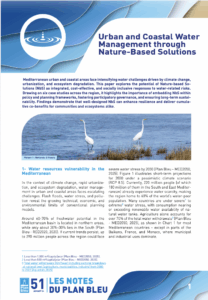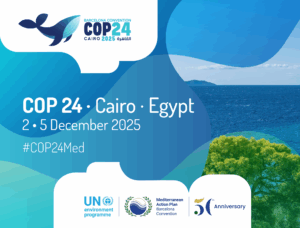Ineris and its partners, Citepa, Cerema and Plan Bleu, present the results of the ECAMED Study, whose objectives are to evaluate the cost and the benefits for the air quality of the implementation of an Emissions Control Area (ECA) in the Mediterranean Sea. The conclusions show the interest of the implementation of such a measure and present the benefits for the port cities.
Maritime transport is an important source of atmospheric pollutants whose impacts on the air quality of port cities is important. Because of their long-range transport and complex chemistry, emissions from shipping can
also degrade inland air quality. In 2007, an epidemiological study published by Corbett et al. estimated that about 60 000 premature deaths each year near the coasts of Europe, East Asia and South Asia could be attributed to ship emissions.
The French National Plan for the Reduction of Air Pollutant Emissions (PREPA), adopted in 2017 in French law, envisages the establishment of new low-emission zones in the Mediterranean. It is in this context that the ECAMED project was launched with the support of the French Ministry of Ecological and Solidarity Transition.
ECAMED has shown that the establishment of an ECA (or SECA / NECA), synonymous with reduction of sulfur oxide emissions (change to 0.1% sulfur content in fuels) and emissions of oxides of nitrogen (implementation of cleaner engines), would lead to health benefits at least three times higher than costs.












